
Don't drink water before bed but still urinate at night, beware of these 3 diseases
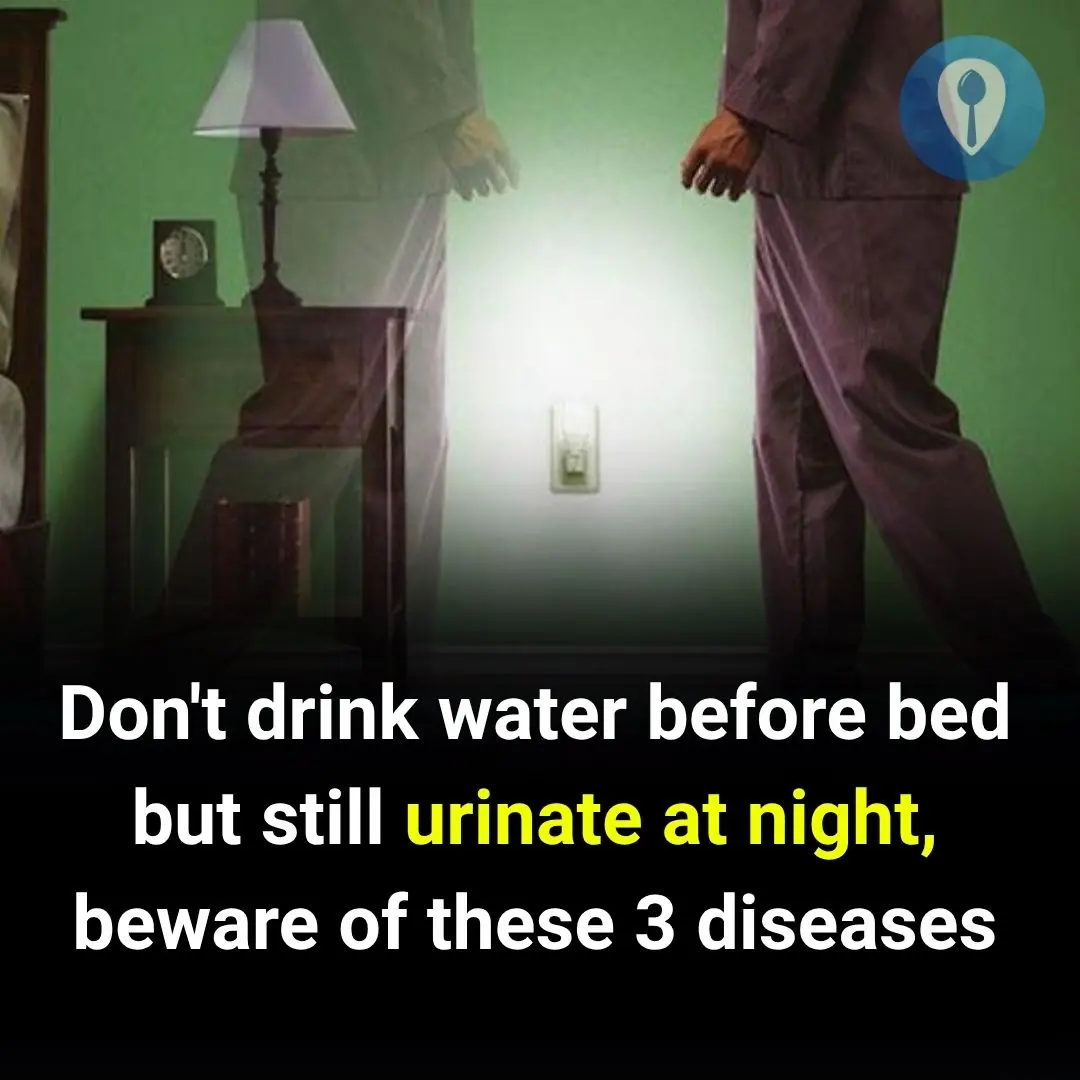
Is It Normal to Urinate Three Times Per Night?
Waking up to urinate three times per night is a clear symptom of nocturia and may indicate specific health conditions. In fact, if someone wakes up just twice per night, they're already considered to have nocturia. A healthy adult should be able to sleep 6–8 continuous hours without needing to pee. Disrupted sleep from frequent nighttime bathroom visits can negatively affect both physical and mental health.
Urology specialists generally view nocturia as a symptom that signals underlying health issues—not as a standalone disease. That means needing to urinate three times per night may warrant a urinary health checkup to identify potential abnormalities. However, not every case of urinating three times per night is problematic; for some people, it may be perfectly normal.
Is Three-Time Nighttime Urination Normal or Abnormal?
Whether it's normal or not depends on the individual's age group:
1. In Older Adults
-
Ages 60–70: Three bathroom visits per night might be abnormal but not necessarily dangerous. At this age, natural aging of organs often leads to nighttime urination average of two times. Going more than twice may simply reflect a decreased bladder capacity and aging urinary system.
-
Ages 80 and up: Three times per night can be considered normal since the bladder’s capacity significantly decreases with age. Thus, waking up multiple times to urinate is expected.
-
Overall, waking three times per night is generally considered normal in the elderly, though it does increase night-time fall risks, which can threaten their health and safety.
2. In Younger Adults
-
Waking up three times per night to pee is usually abnormal for younger people. The bladder should still be elastic and functional, so frequent urination could signal issues like bladder or urinary tract infections, overactive bladder, diabetes insipidus, Cushing’s syndrome, sleep apnea, prostate enlargement, and more. It’s important to consult a urologist for diagnosis and treatment.
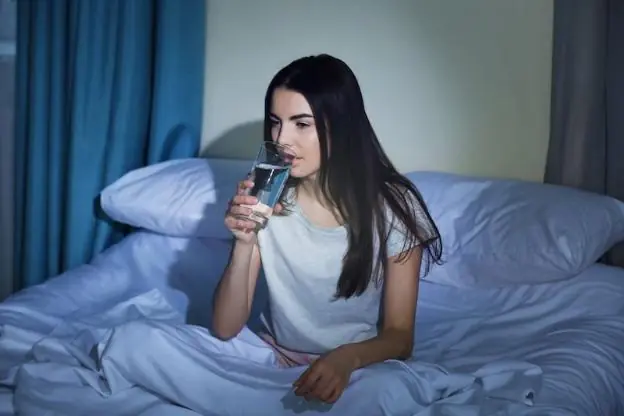
When Is Three-Time Nighttime Urination Dangerous?
It depends on the underlying cause, its severity, and your health profile. Many common causes of nocturia aren't dangerous, but some—like diabetes insipidus or sleep apnea—can be.
Nighttime bathroom breaks disrupt sleep, leading to excessive daytime sleepiness and increased risk of falls.
Common Causes of Urinating Three Times at Night
Physiological Aging
-
Older adults produce less antidiuretic hormone, which helps retain water, leading to increased nighttime urine production. Bladder muscles may weaken, reducing capacity.
-
Drinking too much liquid (especially caffeine or alcohol) before bed and using diuretic medications can also contribute.
-
Pregnancy and postpartum changes in women can weaken bladder and pelvic floor muscles.
Potential Pathological Causes
-
Chronic urinary tract infections
-
Chronic kidney or heart failure
-
Diabetes
-
Enlarged prostate
-
Sleep disorders like sleep apnea, insomnia, or restless legs syndrome
Consequences of Frequent Nighttime Urination
-
Sleep Disruption
Frequent awakenings make it hard to return to sleep, creating a cycle where sleep disorders and nocturia worsen each other. -
Mental Health Impact
Chronic fatigue from interrupted sleep may impair concentration, memory, emotional stability, and increase anxiety or depression. -
Fall Risk in the Elderly
Studies (e.g., University of Alabama) show that nocturia of three or more times per night increases fall risk by about 28%. A systematic review found those with nocturia are 1.2 times more likely to fall and 1.3 times more likely to suffer fractures.
Diagnosis and Treatment
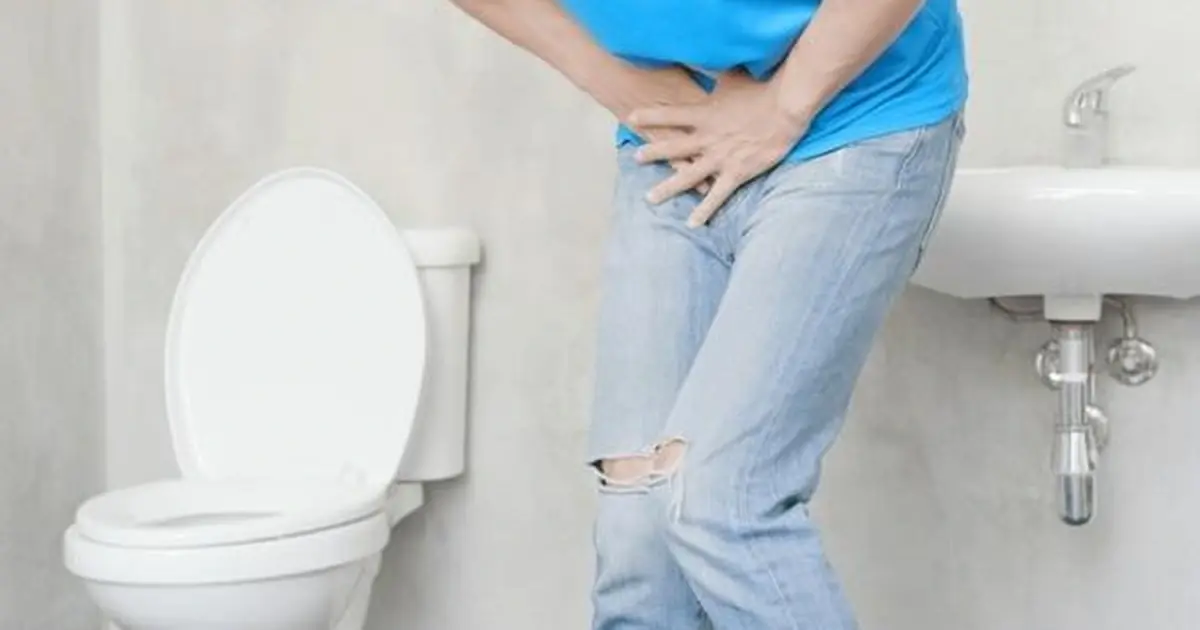
1. Diagnosis
Urologists assess symptoms and conduct physical exams. Questions may include:
-
Does this happen every night?
-
How long between bathroom visits?
-
Volume of urine at night?
-
Any existing conditions or medications?
-
Any pain or burning during urination?
Testing methods:
-
Urinalysis: Checks chemical composition and urine concentration
-
Urine culture, post-void residual measurement
-
Pelvic ultrasound for residual urine
-
Blood tests: glucose, urea, creatinine clearance, electrolytes, osmolality—used to evaluate kidney function or rule out diabetes
-
Additional tests might identify diabetes insipidus or kidney issues
2. Treatment
Treatment depends on the root cause. For many elderly individuals, surgery or intensive exercise programs aren’t viable options, so medication is usually recommended:
-
Anticholinergics to relax bladder muscles and reduce urgency—may cause dry mouth, dizziness, blurred vision
-
Daytime diuretics to encourage earlier urination, reducing nighttime urine
-
Synthetic antidiuretic hormone analogs to lessen nighttime urine production
-
Any medication regimen should be overseen by a doctor, as symptoms often recur when treatment stops.
Bottom line:
Waking up to pee three times nightly can be normal for the elderly, but it definitely requires attention in younger people. Diagnosis and treatment depend on individual circumstances, including underlying causes and overall health.
News in the same category


Diabetics are ‘very afraid’ of a spice that is abundant in the market: American experts say it is ‘as good as prescription drugs’

Rub Ginger on the Soles of Your Feet Before Bed, and You’ll Experience Its “Miraculous” Health Benefits

Pare de comer estes 4 alimentos imediatamente Eles contêm muitos parasitas

What happens to your body if you drink orange juice every day?
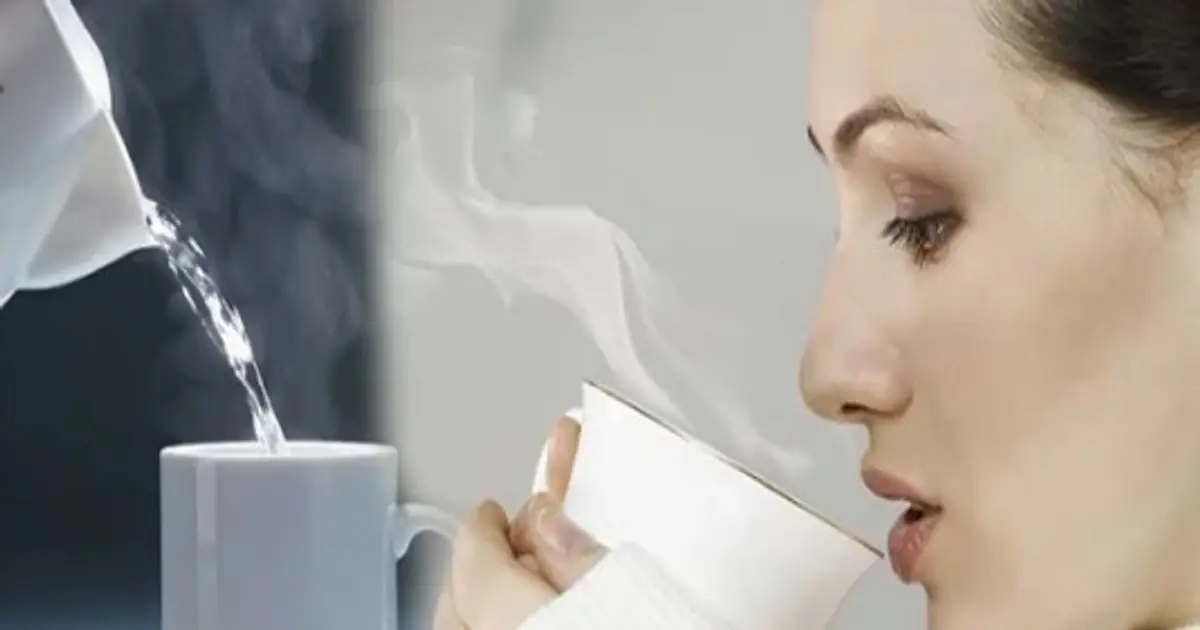
A cup of hot water can offer many health benefits
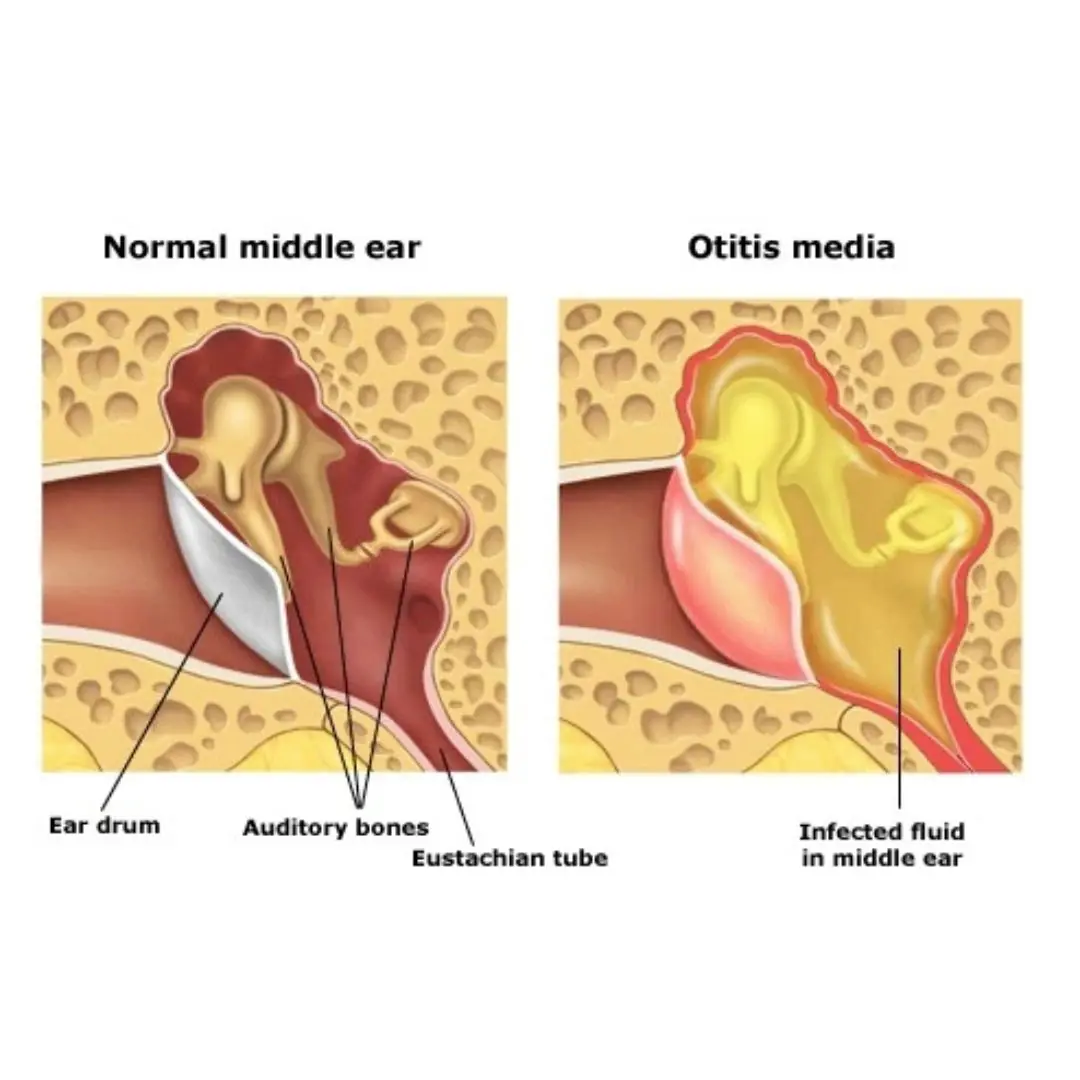
Otitis media – the “hidden culprit” causing vestibular disorders that many people ignore
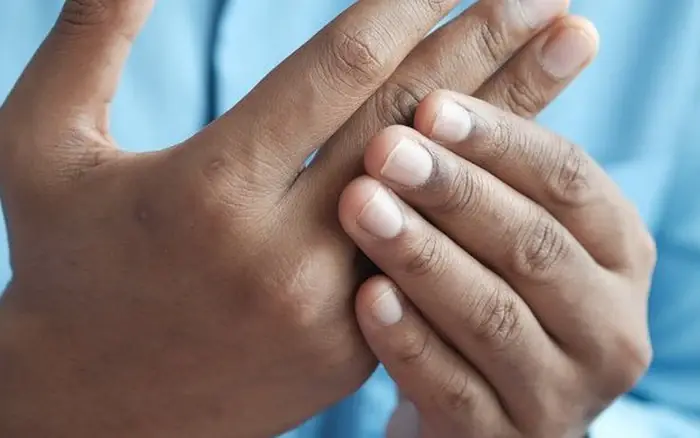
4 changes in fingers that could be signs of lung can.cer
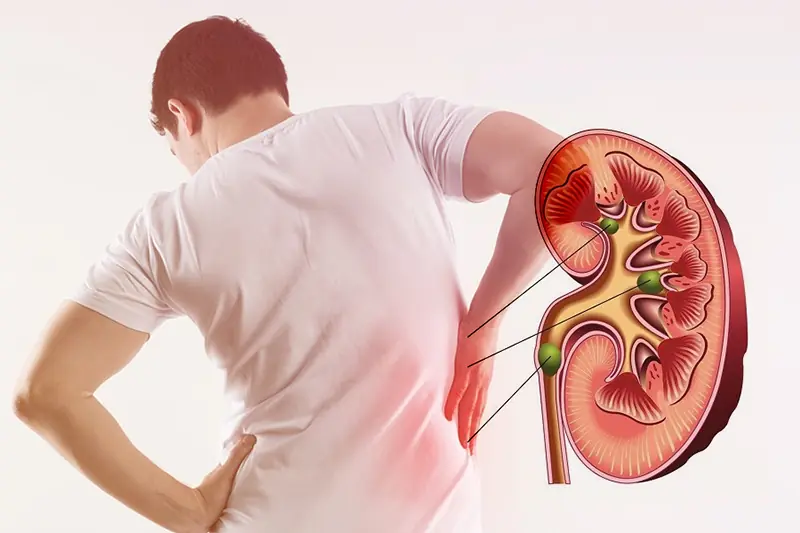
8 symptoms of kidney fai.lure you should never ignore

3 things that don’t go well with eggs
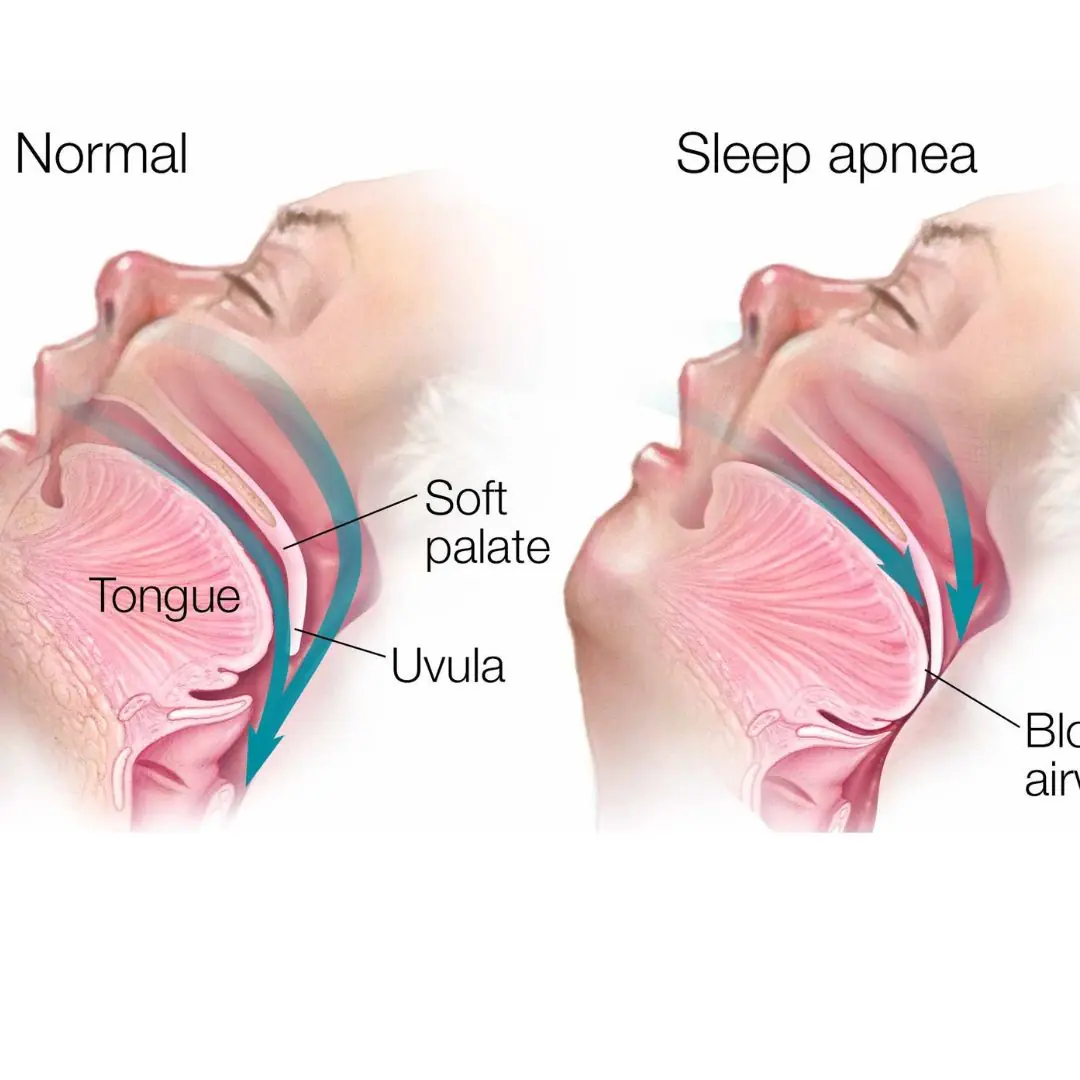
4 Signs You Might Have Sleep Apnea

5 foods you should never keep overnight

Waking Up With Numb Hands? Here's What Your Body's Trying to Tell You

Mother Collapses: "I Thought These Two Things Were Can.cer-Preventing Superfoods"
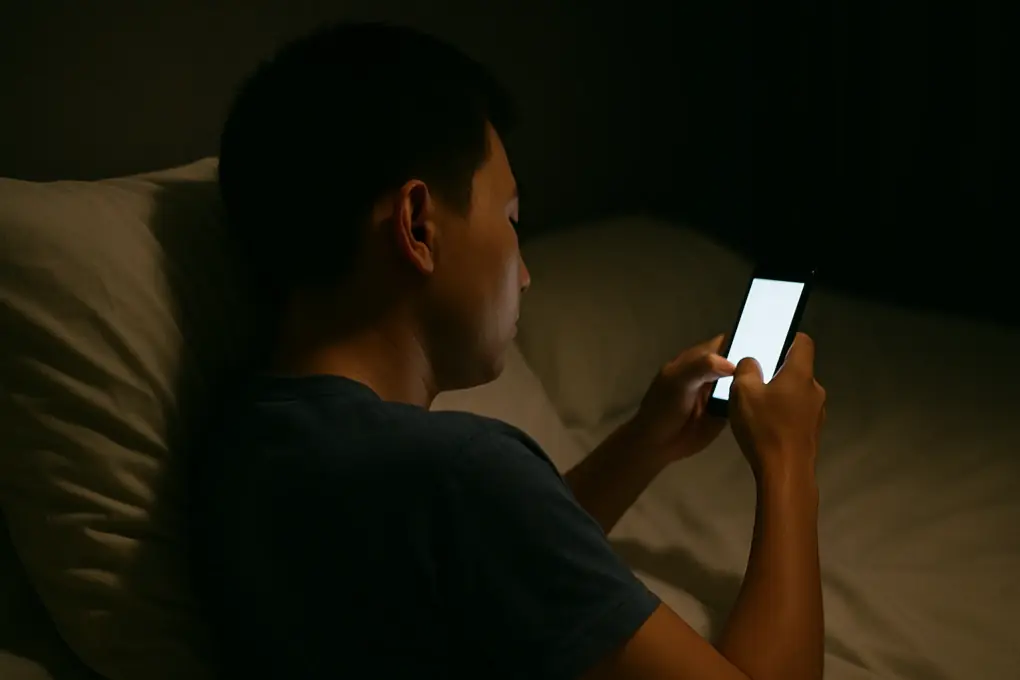
5 bad habits that increase the risk of stroke at night
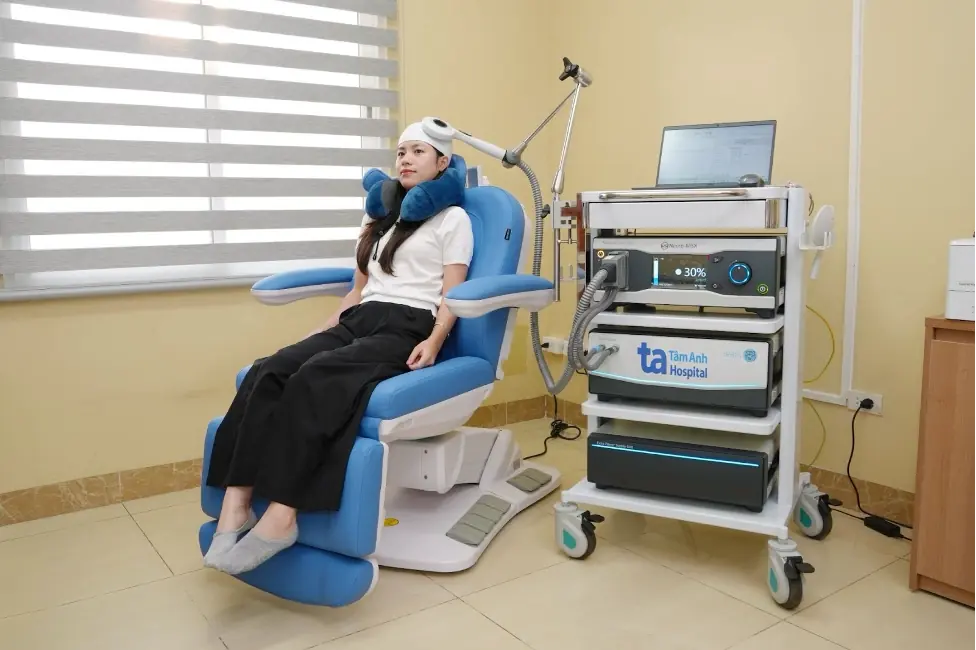
Insomnia, when to see a doctor?

30-year-old couple both have stomach can:cer due to dishwashing habit that many people also have

Top Natural Drinks That Safely Rejuvenate Your Skin From Within
News Post

15 Years Can.cer-Free: Japanese Doctor Shares 5 Simple Habits to Keep Can.cer Cells from Returning
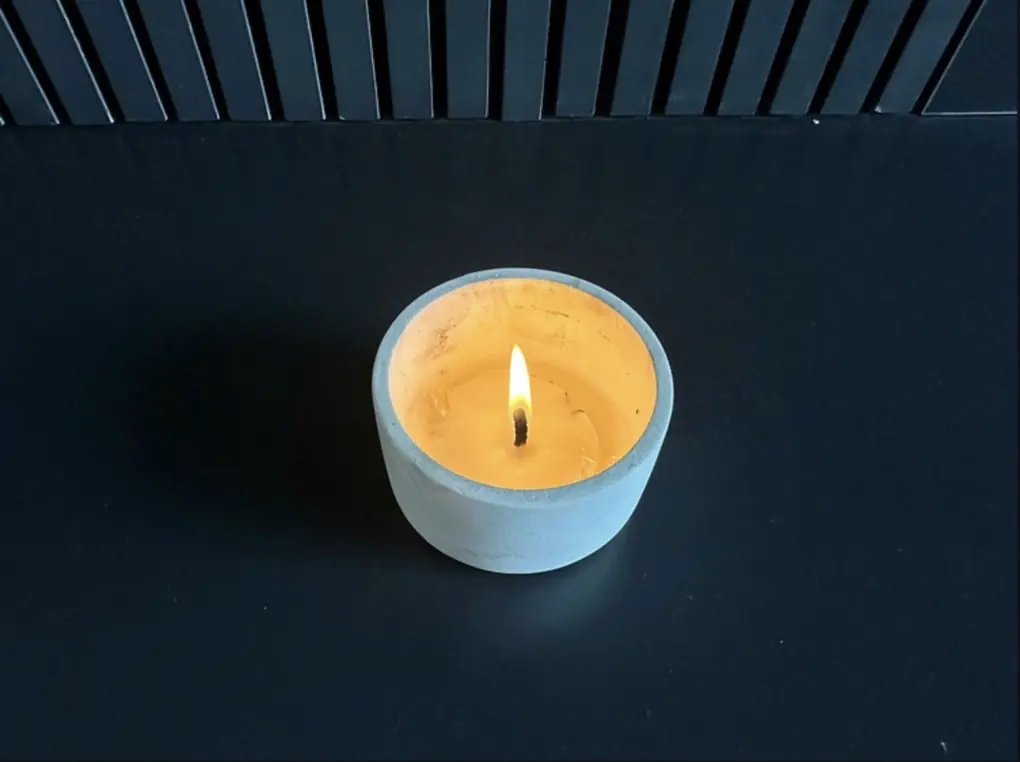
3 familiar household items that are harmful to health

6 eating habits that silently destroy your health

Diabetics are ‘very afraid’ of a spice that is abundant in the market: American experts say it is ‘as good as prescription drugs’

7 “Golden” Summer Vegetables: Fresh, Chemical-Free, and Worth Eating Every Day

Rub Ginger on the Soles of Your Feet Before Bed, and You’ll Experience Its “Miraculous” Health Benefits

When Installing an Air Conditioner, Avoid These 4 Spots to Protect Your Family’s Health

10 Tips for Growing a Big Pepper Harvest

How to Grow Kiwi in Containers at Home

What happens to your body if you drink orange juice every day?

Revitalizing Orchids Using Tea: A Comprehensive Guide with Handy Tips

4 effective ways to ensure your home is free of cockroaches

Are two-headed snakes real? Why does this phenomenon occur?

A cup of hot water can offer many health benefits
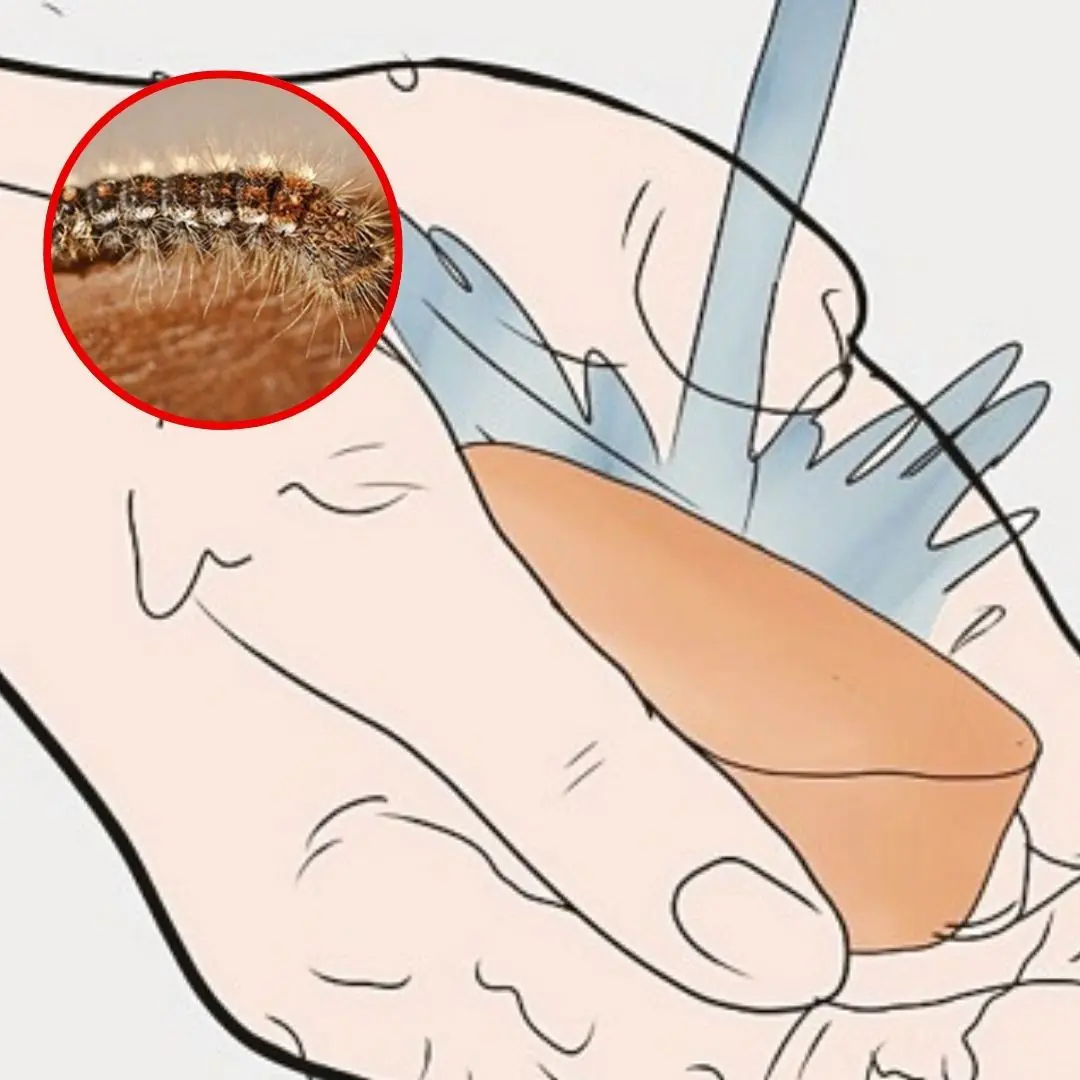
Caterpillar on you: 5 simple steps to treat at home

Otitis media – the “hidden culprit” causing vestibular disorders that many people ignore

How to Plant a Mango Seed and Successfully Grow

Secrets to growing lemongrass at home – easy to do, suitable for beginners
